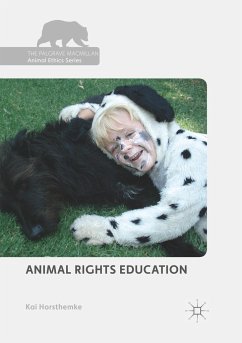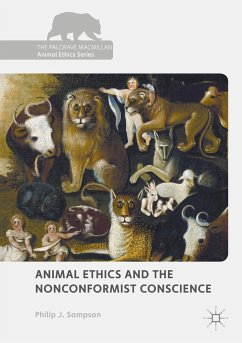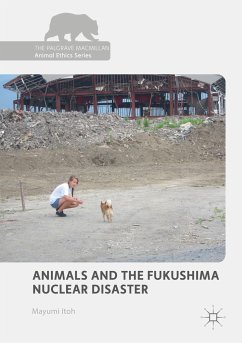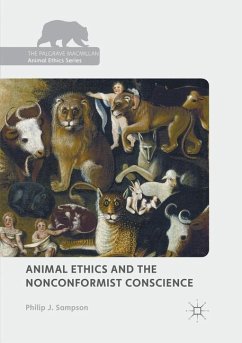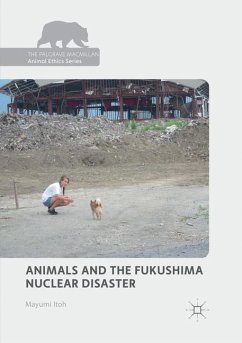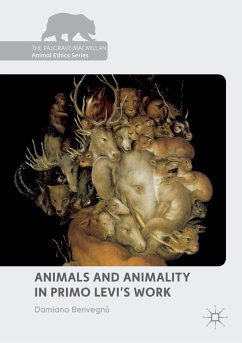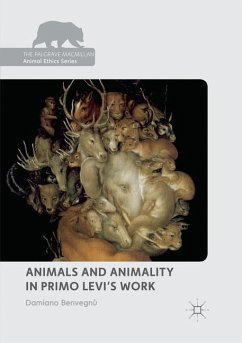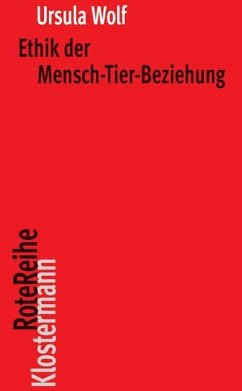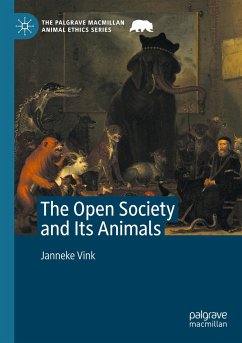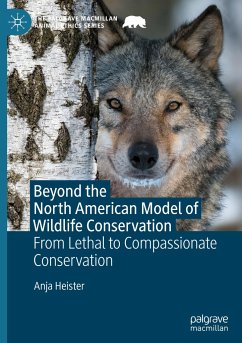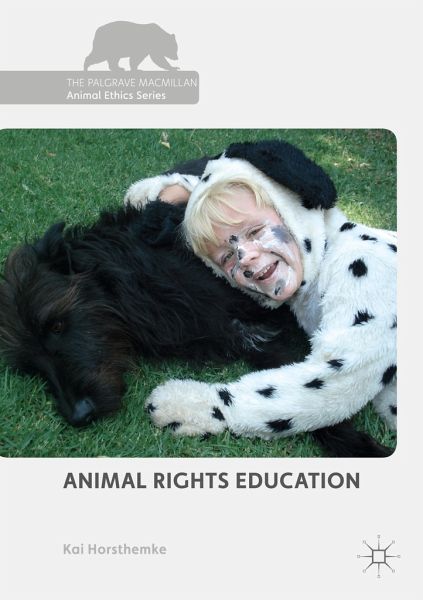
Animal Rights Education
Versandkostenfrei!
Versandfertig in 6-10 Tagen
76,99 €
inkl. MwSt.
Weitere Ausgaben:

PAYBACK Punkte
38 °P sammeln!
This book explores how the ethical treatment and status of other-than-human animals influence pedagogy, teaching, and learning in general, aiming to fill what has been a gap in the philosophy of education. It examines key trends in this regard, including environmental education, humane education, posthumanist education, ecopedagogy, critical animal pedagogy, critical animal studies, animal standpoint theory, and vegan education. The book discusses animal minds and interests, and how animals have been accommodated in moral theory. Further, it investigates whether anti-racist and anti-sexist edu...
This book explores how the ethical treatment and status of other-than-human animals influence pedagogy, teaching, and learning in general, aiming to fill what has been a gap in the philosophy of education. It examines key trends in this regard, including environmental education, humane education, posthumanist education, ecopedagogy, critical animal pedagogy, critical animal studies, animal standpoint theory, and vegan education. The book discusses animal minds and interests, and how animals have been accommodated in moral theory. Further, it investigates whether anti-racist and anti-sexist education logically entail anti-speciesist education and closes by proposing animal rights education as a viable and sound alternative, a pedagogy that does justice not only to animals in general and as species, but also to individual animals. If animal rights education is philosophically and educationally meaningful, then it can arguably offer a powerful pedagogical tool, and facilitate lasting pro-animal changes.





